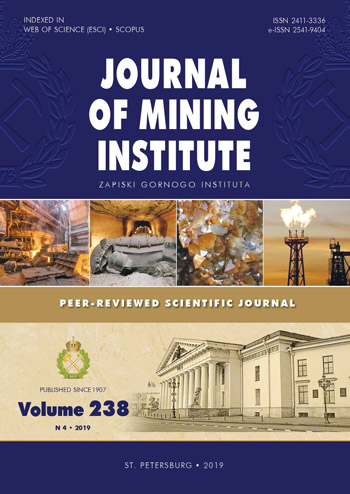Efficiency Estimation of the Single- and Multicomponent Anti-hydrate Reagents
- 1 — Kuban State Technological University ▪ Orcid
- 2 — Kuban State Technological University
Abstract
Different types of technological and technical problems in the oil, gas and chemical industries are connected with the hydrate formation process and with the using of anti-hydrate chemicals. That is why, it is necessary to estimate thermobaric ranges within which reagents does not let hydrate to grow or is their dissociation. Also, to estimate anti-hydrate influence we need to determine the chemicals’ anti-hydrate efficiency and chose the best one. They make the reagents consisting of several chemical components depending on the purpose of their application – for prevention of formation and (or) elimination of hydrates. It demands calculations of the optimum concentration and expenses and also the intensity (speed) of hydrates dissociation causing with the reagents. The analytical method of the anti-hydrate chemical reagents efficiency determination containing one or several components from different classes of chemical compounds – alcohols, salts, acids, compounds of nitrogen and oxygen – is presented in this paper. With its help it is possible to define decrease in temperature of hydrate formation from reagents influence, to count key parameters of reagents anti-hydrate efficiency depending on component compositions of hydrate gas and a phase condition of a hydrate-gas system, to select types of chemical components and their quantity in multicomponent reagents, i.e., to make new compounds. The method can be used for express assessment of anti-hydrate chemical reagents efficiency on criteria sign for practical application in oil, gas and processing industry.
